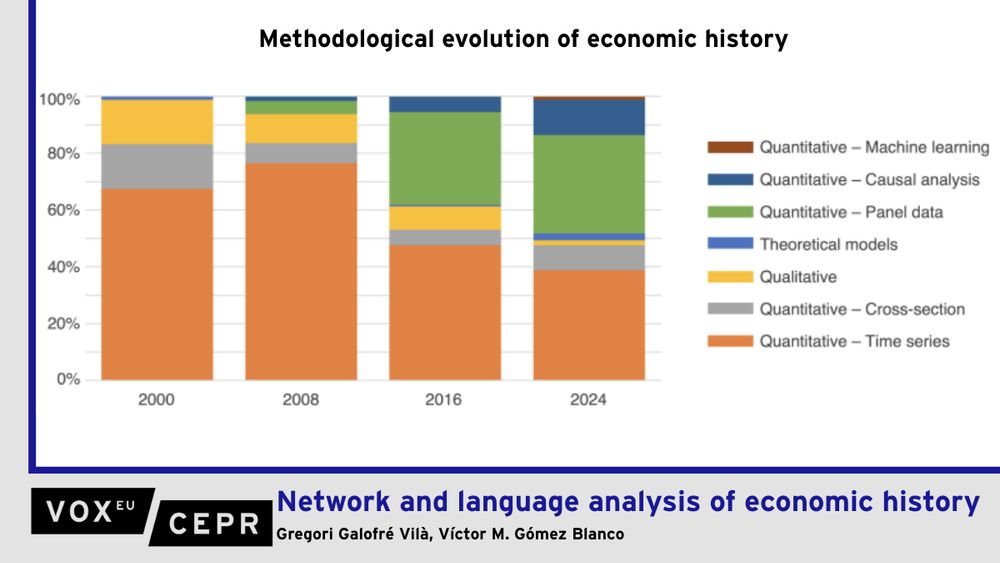Víctor M. Gómez Blanco
@victormgomezblanco.bsky.social
61 followers
70 following
32 posts
Economista/historiador económico en @CUNEF. Como buen economista, sólo suelo acertar mis pronósticos después de que hayan pasado.
Posts
Media
Videos
Starter Packs
Reposted by Víctor M. Gómez Blanco
Reposted by Víctor M. Gómez Blanco











